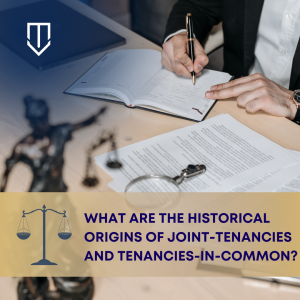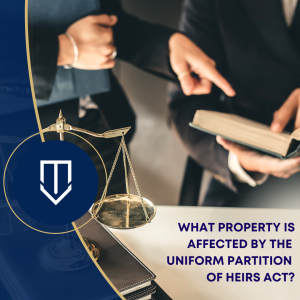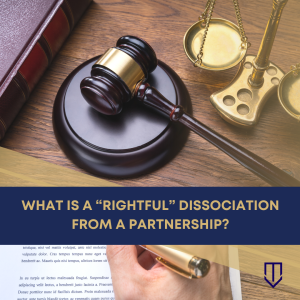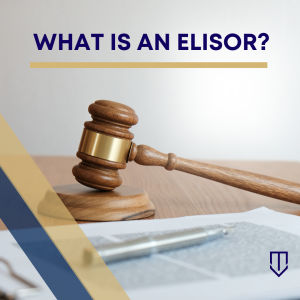 The deed to a property is the most important document a property owner has. It describes the title and its associated rights while operating as the conveyance of property itself. But not all deeds are the same, especially when marriage enters the equation.
The deed to a property is the most important document a property owner has. It describes the title and its associated rights while operating as the conveyance of property itself. But not all deeds are the same, especially when marriage enters the equation.
Marital deeds carry with them their own rules, rights, and duties requiring in-depth knowledge of family law and community property. And while spouses can choose to acquire property through a regular grant deed, more often than not, that isn’t the case. Understanding the differences between the two is of crucial importance for estate planning, and in these situations, having an experienced real estate attorney at your side can make all the difference. The Underwood Law Firm encounters both types of deeds with frequency and has the familiarity and skill to help title holders understand their rights.
 California Partition Law Blog
California Partition Law Blog


 American law has its roots in the laws of England. As such, many of the laws still on the books in the 21st Century depend on what English judges thought prior to our War for Independence began in 1776. Because our modern laws go back centuries since before the United States was a country, we should care about how our legal terms were originally understood as they may implicate a judge’s decision today. The most important of all the English Judges who influenced our modern laws was most likely Sir William Blackstone.
American law has its roots in the laws of England. As such, many of the laws still on the books in the 21st Century depend on what English judges thought prior to our War for Independence began in 1776. Because our modern laws go back centuries since before the United States was a country, we should care about how our legal terms were originally understood as they may implicate a judge’s decision today. The most important of all the English Judges who influenced our modern laws was most likely Sir William Blackstone.  Yes. When co-owners of property decide they want to go their separate ways but cannot come to an agreement on a buyout or reimbursements, they can institute a partition action and have the court system solve the problem for them.
Yes. When co-owners of property decide they want to go their separate ways but cannot come to an agreement on a buyout or reimbursements, they can institute a partition action and have the court system solve the problem for them.  A “waste” claim is a means of recovering damages when a tenant on real property does substantial damage to the property itself. Most often, a waste claim arises when a person renting property causes damage while living there. But a waste claim isn’t restricted to landlords and tenants. It applies to nearly all situations where two or more people have some sort of interest in the common property.
A “waste” claim is a means of recovering damages when a tenant on real property does substantial damage to the property itself. Most often, a waste claim arises when a person renting property causes damage while living there. But a waste claim isn’t restricted to landlords and tenants. It applies to nearly all situations where two or more people have some sort of interest in the common property.
 General partnerships, and their
General partnerships, and their  Just because a party prevails in
Just because a party prevails in 
 When co-owners of property decide they want to go their separate ways but cannot come to an agreement on a buyout or reimbursements, they can institute a
When co-owners of property decide they want to go their separate ways but cannot come to an agreement on a buyout or reimbursements, they can institute a  Yes. Co-owners of property are entitled to certain rights, namely, the right to possess and use the property as they see fit. But sometimes, things do not work out with the other owners.
Yes. Co-owners of property are entitled to certain rights, namely, the right to possess and use the property as they see fit. But sometimes, things do not work out with the other owners.